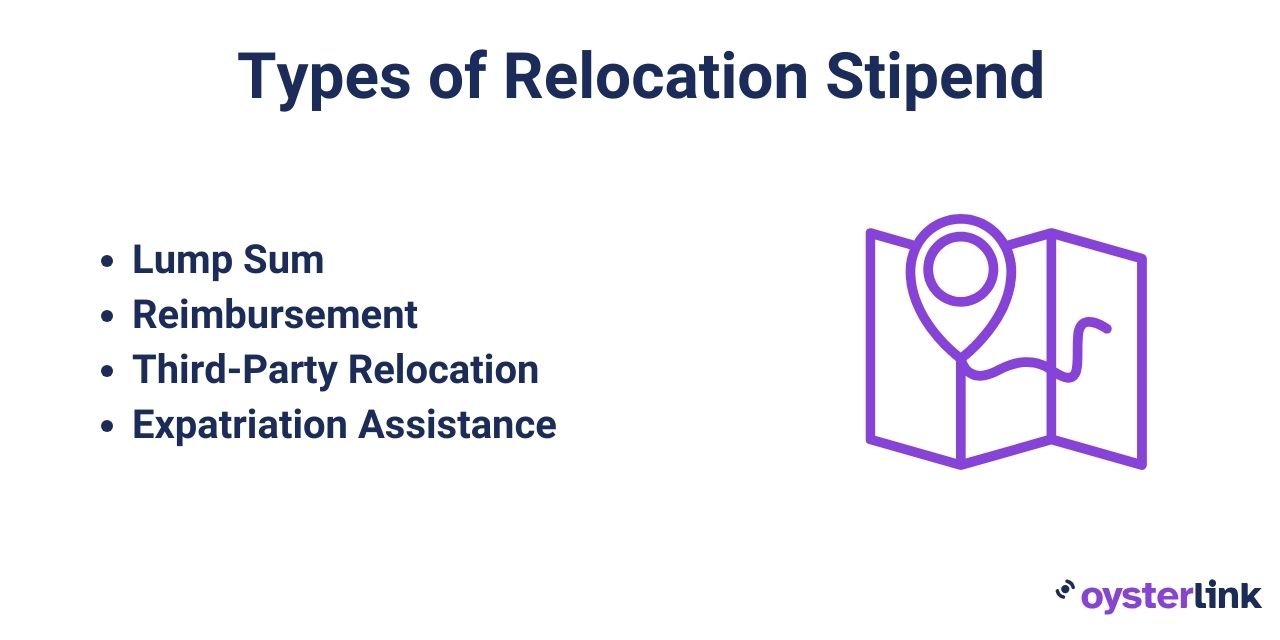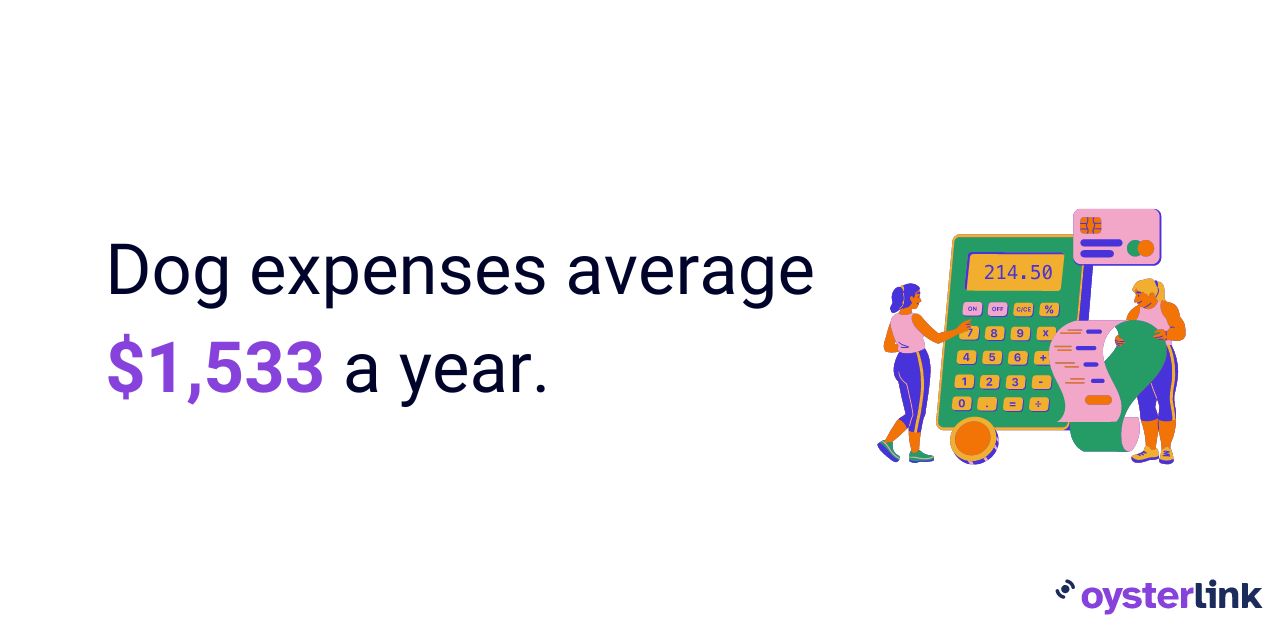After months of job applications and interviews, you finally received an offer. It’s tempting to accept it right away, especially if your new employer is giving you a higher salary than your previous job.
However, before signing an offer, it’s worth considering other factors that could make you happier at your new job.
Remember, your compensation consists of two parts.
While base salary makes up 70% of the total package, the remaining 30% comprises employee benefits.
Failing to negotiate these benefits can mean missing chances to make your job more fulfilling.
To help you get the most out of any job offer, we are sharing 17 things to negotiate other than salary.
What Are Employee Benefits?
Employee benefits are perks or advantages provided to employees beyond their base salaries.
These perks aim to promote employee well-being and attract and retain top talent.
A study supports this, with 53% of employees saying that benefits play a significant role in their job satisfaction.

Benefits You Should Negotiate Other Than Salary
Employee benefits are particularly important for fast-paced sectors like hospitality. Considering its physically demanding nature, irregular working hours and dynamic settings, negotiating benefits to prevent burnout is important.
Reviewing these 17 employee benefits below will help you identify things that will keep you motivated to work in this industry.
1. Flexible Work Schedule
A flexible work schedule allows you to adjust your hours to fit your personal and family needs.
Beyond convenience, a flexible schedule can make you more productive and satisfied with your job.
When you can plan and do your work during the times you’re most alert and focused, leading to efficiency and a greater sense of accomplishment.
2. Vacation Time
A generous vacation policy helps you handle the stress of your job effectively.
Hospitality workers typically get 6 paid vacation days after a year of service.
Asking your prospective employer for extra vacation time allows you to enjoy hobbies and create a more balanced and fulfilling life outside of work.
It will also be helpful to know the leave laws of the specific state you’re working in. Aligning your requests with existing regulations ensures a smoother negotiation process.
3. Paid Time Off
Vacation time and paid time off (PTO) differ in their scope.
Vacation is a subset of PTO, while PTO covers various forms of time away from work.
It includes the following:
- Sick leave: A leave employees take for health reasons
- Personal day: A leave intended for short-term and immediate needs, such as special occasions, personal appointments and emergencies
- Parental leave: A leave employees take to care for a newborn, adopted or foster child
- Caretaker leave: A leave employees take to provide care and support for a family member who is ill, disabled or requires assistance
- Bereavement leave: A leave granted to employees following the death of a close family member or a loved one.
Unfortunately, the majority of hospitality workers aren’t provided with enough PTOs. In comparison to employees in the finance (95%) and tech (60%) industries, hospitality workers have the least access to paid vacation at 43%.
This bar graph is interactive. Hover your mouse over different parts of the map to see detailed data.
Having these relevant industry benchmarks will help you negotiate with your potential employer.
Here is an example of how you can negotiate for more PTO:
“Given the statistics for paid leaves in the hospitality industry, I am eager to discuss the possibility of aligning the benefits package more closely with other industries. I believe this adjustment would not only contribute to employee satisfaction but also enhance the overall well-being and productivity of the team.”
4. Relocation Stipend
This is a fixed sum of money given by an employer to help cover moving costs related to the job.
There are many different kinds of relocation stipends but here are the most common:
Lump Sum
This relocation package involves a company giving an employee a fixed amount of cash to assist with moving expenses.
The employee decides how to use the funds, whether for hiring a moving service, transportation or other necessary costs.
Reimbursement
In this setup, the employee pays for all moving costs first.
The employer later gives them money back, either in full or up to a certain limit.
Third-Party Relocation
In this arrangement, a company hires an external service to assist employees in finding moving services, transportation and storage options.
The employer covers all the expenses associated with this third party.
Expatriation Assistance
Expatriation assistance is provided to employees moving to a different country.
This support includes moving costs, work visas and other needs for adjusting to a new country.

5. Dental Concerns
In customer-oriented jobs, having good oral health is essential for a professional appearance.
Small companies, restaurants and hotels aren’t obligated to provide this benefit.
But it’s worth asking about, as dental benefits can lead to cost savings by lowering out-of-pocket expenses for dental procedures.
6. Childcare Budget
This benefit helps working parents with the costs of childcare services. Here are the most common types of childcare budget:
- Covering daycare expenses
- Offering access to trusted childcare services
- Allocating space for childcare in the workplace
Having childcare benefits eases the financial strain of child-related expenses for employees. This allows them to balance work and family responsibilities more effectively.
7. Professional Development Budget
This benefit aims to invest in the growth and skills enhancement of employees.
Professional development budget enables employees to pursue relevant training, certifications and workshops that align with their career trajectory.
Negotiating for this benefit empowers you to stay competitive in a rapidly evolving job market.
8. Educational Opportunities
While related to the professional development budget, educational opportunities differ by focusing on formal academic programs.
For example, as a Restaurant Manager, you can explore degree programs in financial management to learn more about budgeting, cost control and financial analysis.
Your employer may choose to provide tuition reimbursement for the costs associated with pursuing this academic program.
Other companies collaborate with academic institutions to support their employees’ continuing education for both personal and professional development.
Be proactive in exploring and utilizing such opportunities to enhance your skills and advance in your career.
9. Retirement Plans
This financial arrangement helps you save and invest for your retirement years.
It typically involves contributing a portion of your earnings to dedicated retirement accounts, such as a 401(k), which may be supplemented by employer matching contributions.
A retirement plan provides financial security and support during your retirement.
10. Life Insurance Plans
According to the latest government data for the United States in 2024, fatalities in the leisure and hospitality sector increased by 23% from 2021 to 2022.
This line graph is interactive. Hover your mouse over different parts of the map to see detailed data.
This highlights the significance of negotiating a life insurance plan to safeguard your future and provide for your dependents.
11. Disability Insurance
This employee benefit replaces a portion of your income if you can’t work because of an injury.
Securing this insurance is important as it covers your living expenses, medical bills and other financial commitments in case you are unable to work due to an accident or illness.
12. Transportation Reimbursements
This covers costs like public transportation, fuel or parking.
It is valuable for roles that require frequent commuting. For instance, being an Event Planner means visiting venues, meeting with clients and managing logistics.
13. Equity Compensation Package
This is a type of reward that includes ownership stakes in a company.
An equity compensation package is usually given in the form of stocks, stock options or performance shares. It can be a valuable addition to your entire financial portfolio, providing financial gains as the company succeeds.
14. Pet Allowance
According to Forbes Advisor, the cost of dog expenses accounts for an average of $1,533 a year. This only covers pet boarding, veterinary care and pet insurance.

Negotiating for this benefit can significantly ease the financial load for pet owners.
15. Career Growth Opportunities
If you aspire to transition to a higher position, inquire about career growth opportunities during negotiations.
For example, if you’re a Front Desk Associate aiming for a Front Office Manager position, ask about available training, mentorship and advancement programs within the company.
This proactive approach helps you secure a clear path for advancement within the company.
Access to career growth opportunities contributes to higher job satisfaction, as you feel supported in your career aspirations and have the chance to continually grow.
16. Travel Options
Travel benefits packages typically offer discounts or reimbursements for personal travel-related expenses like flights, accommodation and transportation.
Negotiating these benefits can help you save a substantial amount on your travel costs.
17. Discounts on Company Products or Services
This perk lets you enjoy your employer’s products or services at a lower cost, giving you a real financial advantage.
For instance, if you work in a hotel or resort, negotiating for discounts could mean getting lower rates on room bookings, dining services or other amenities.
It’s a practical and attractive benefit that aligns your interests with the offerings of the company.
Why Employee Benefits Are 100% Worth Negotiating
Negotiating with hiring managers can be challenging for some.
But it’s worthwhile for the following reasons:
- It provides financial security.
- It contributes to a healthier work-life balance.
- It assists in your professional development.
- It helps manage family responsibilities.
Approach the negotiation process with the thought that it’s a normal part of the job process.
Consider it as a constructive dialogue aimed at aligning your needs and expectations with those of the employer.

Subscribe to OysterLink for More Career Advice
OysterLink provides an extensive knowledge base offering career advice, including steps on how to write a CV, advice regarding best skills to put on a resume and tips on negotiating a salary.
Sign up today.
Express your enthusiasm for the position first, and once an offer is extended, convey your appreciation and interest in discussing the comprehensive compensation package.
This opens the door for a constructive conversation about various benefits.
In your email, you may say something like:
Dear [Hiring Manager’s Name],
I hope this message finds you well. I am thrilled about the opportunity to join [Company Name] and contribute to the team.
I would like to express my sincere appreciation for the opportunity. I am eager to discuss the comprehensive compensation package in detail, as I believe it will play a crucial role in aligning our mutual goals.
I look forward to the possibility of joining [Company Name] and contributing to its continued success.
Best regards,
[Your Full Name]
While negotiation possibilities may vary, it’s generally applicable to a wide range of positions. For those who receive an offer for a higher-level position, there may be more flexibility. This makes it worth exploring options for benefits that align with your needs and the company’s policies.
Start by thoroughly researching the company’s benefit policies and industry standards.
Second, identify your top priorities among benefits based on both personal and professional needs.
Third, practice articulating your needs and reasons for seeking specific benefits, and choose an appropriate time to discuss these matters with professionalism.
An example of an appropriate time to bring this up is during the offer stage. An inappropriate time to bring this up is during the initial interview or initial screening calls.
Raising benefit negotiations too early in the interview process can give your recruiter the impression that you are more focused on the compensation rather than your fit for the role, Be open to alternative benefit structures, remain flexible, and show a willingness to compromise.
Finally, ensure that any agreed-upon changes are documented in writing, such as in your offer letter or employment contract. This comprehensive approach will help you navigate benefit negotiations effectively.









